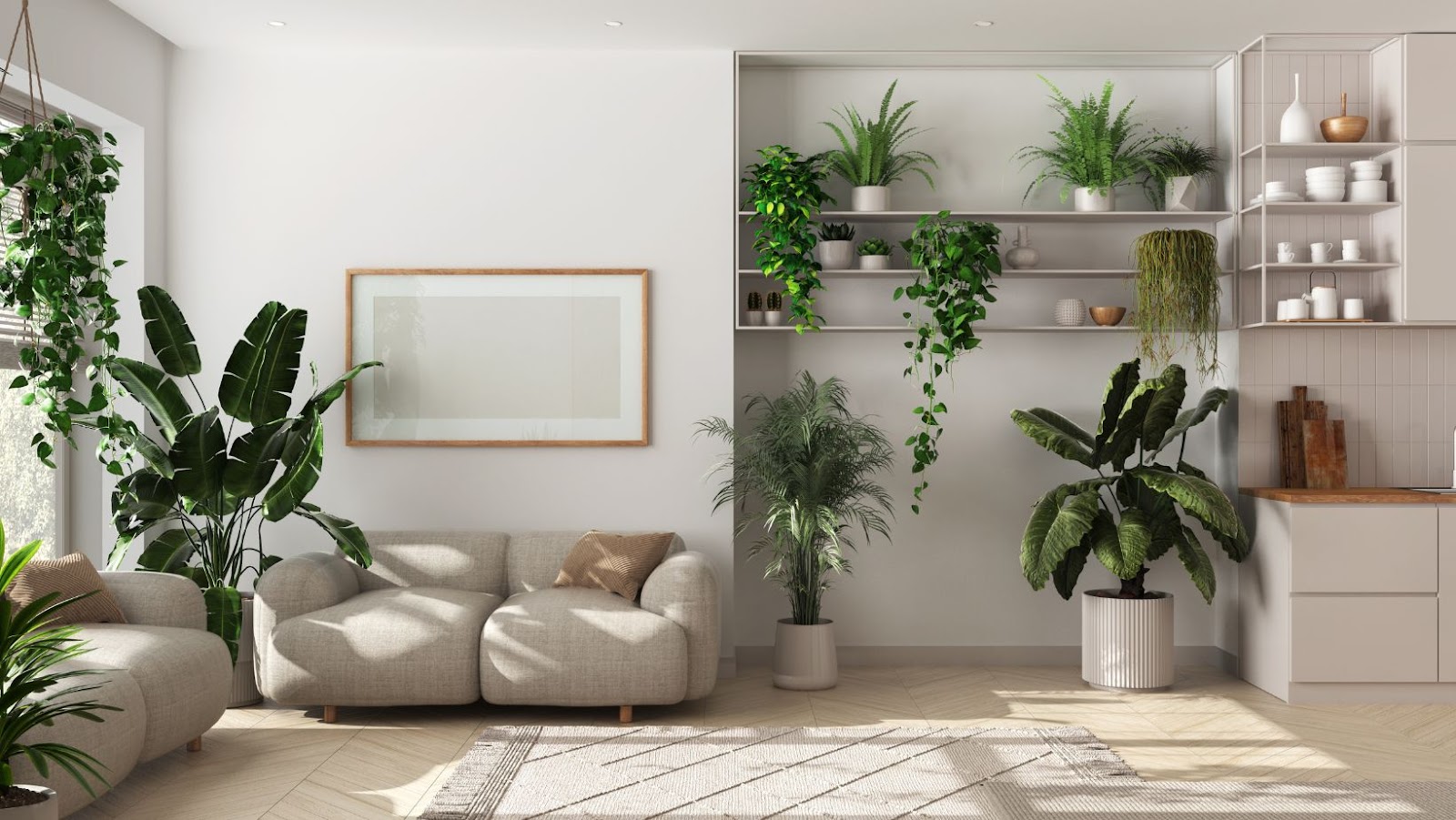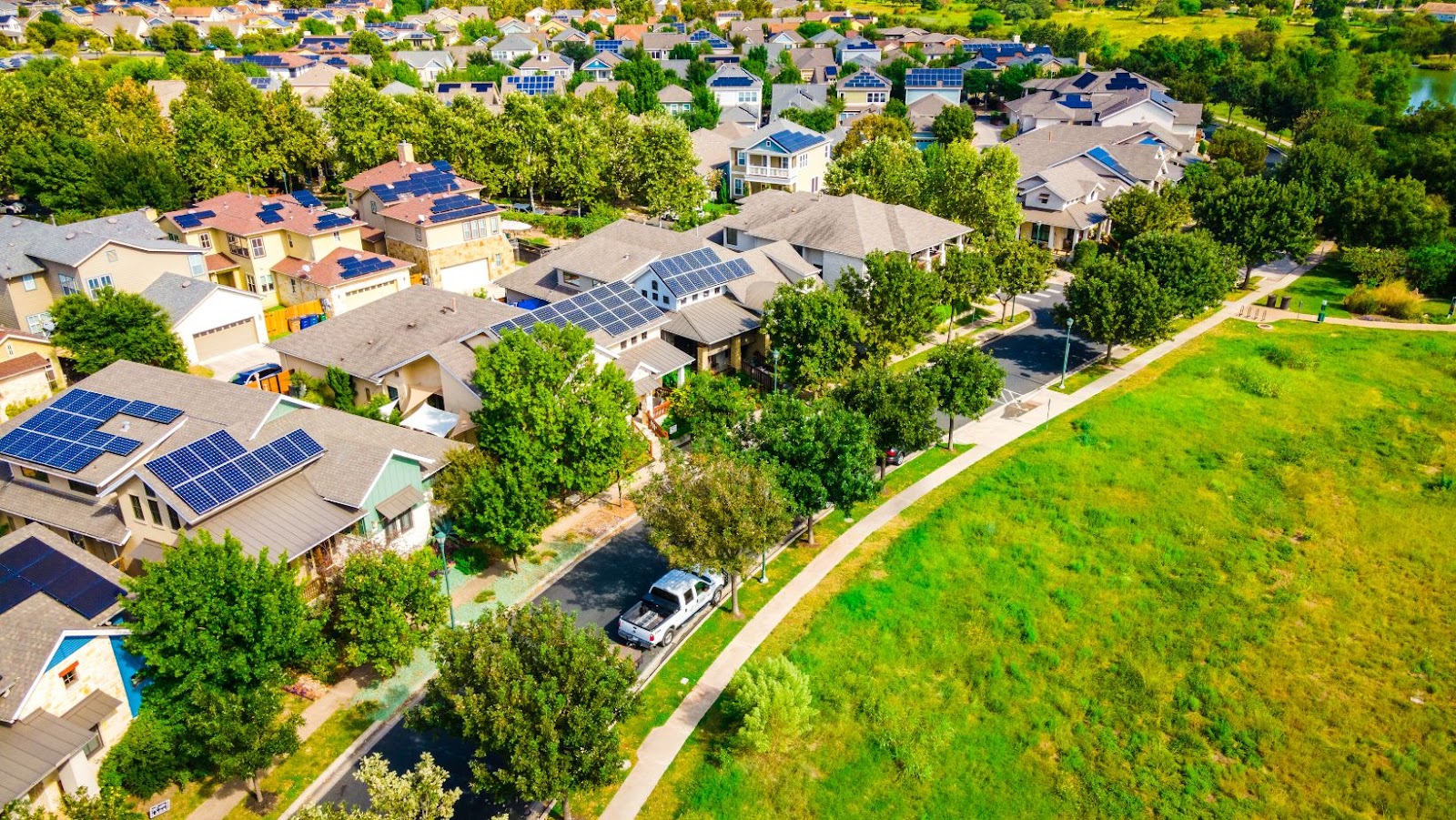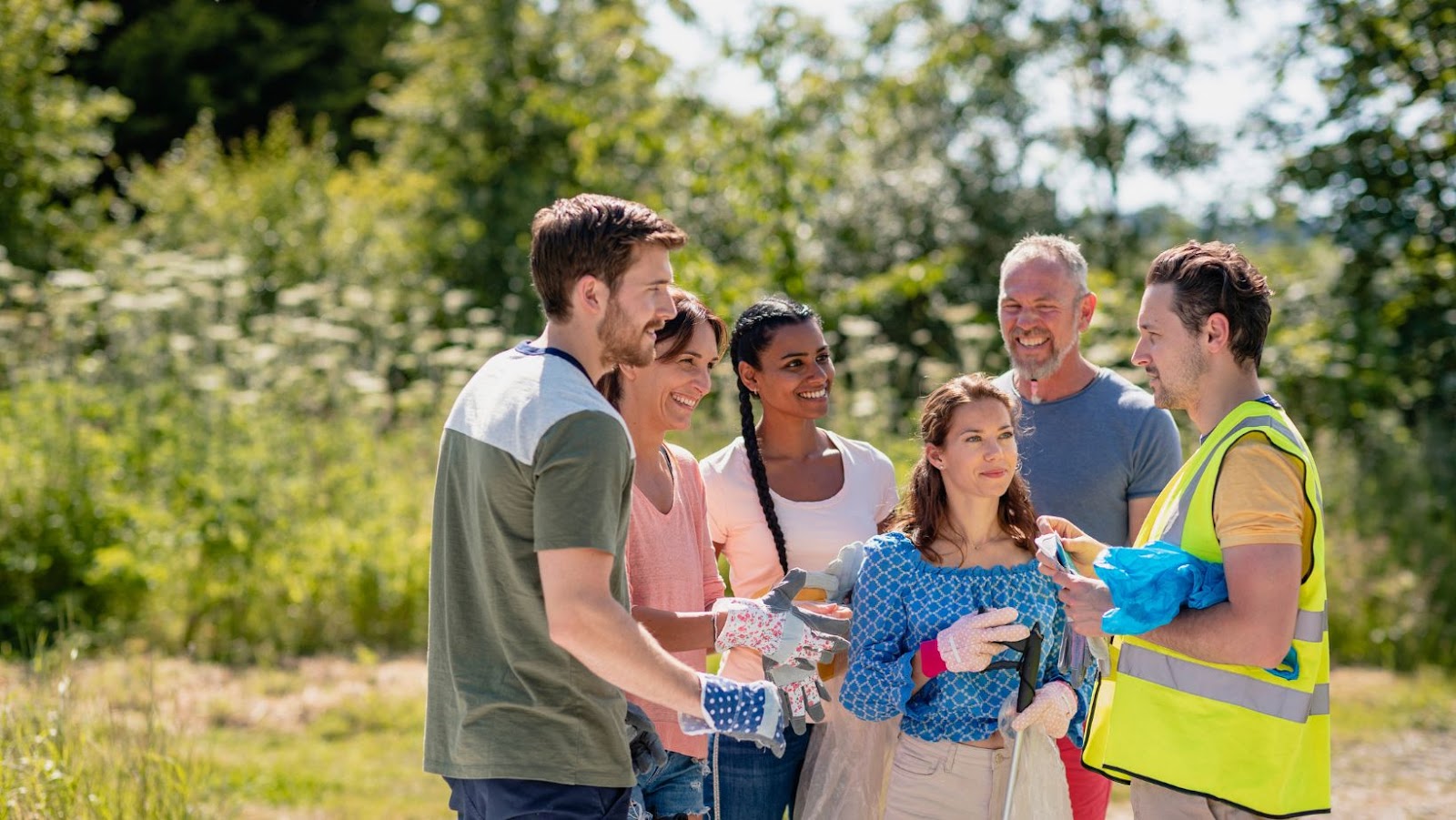
In a world grappling with environmental challenges, the concept of sustainable living has never been more relevant. As individuals become increasingly aware of their ecological footprint, they seek practical ways to reduce their impact on the planet. Sustainable living isn’t just a trend; it’s a necessary shift towards a more balanced lifestyle that prioritizes the health of our environment. From adopting energy-efficient habits to embracing zero-waste practices, sustainable living offers a variety of ideas that can be seamlessly integrated into daily life. These changes not only benefit the planet but also promote personal well-being and financial savings. As people explore these ideas, they’re discovering that small, consistent actions can lead to significant positive outcomes. By making mindful choices, individuals can contribute to a larger movement that supports the planet’s health and future generations. Sustainable living empowers everyone to play a part in creating a more sustainable world. A minimalist lifestyle decreases resource demand. They can prioritize essential possessions, leading to reduced consumption. Emphasizing quality over quantity curtails wasteful purchasing habits. Using renewable energy limits fossil fuel reliance. Solar panels and wind turbines provide clean energy solutions for homes. Community solar programs make renewable energy more accessible.
Sustainable Living Ideas

Lowering energy use helps reduce environmental impact. They can switch to energy-efficient appliances, like LED bulbs or Energy Star-rated devices, to conserve power. Using programmable thermostats optimizes heating and cooling systems, increasing efficiency. Water conservation is vital for sustainable living. They can install low-flow faucets and showerheads to minimize water wastage. Collecting rainwater for gardening reduces reliance on municipal water supplies. Eco-friendly transport options decrease carbon footprints. People can use bicycles or electric vehicles for commuting. Public transportation and carpooling also cut emissions and reduce traffic congestion. Growing organic food sustains healthier ecosystems. Individuals can cultivate vegetables without pesticides, boosting soil quality. Using compost from kitchen scraps enriches garden soil naturally. Cutting waste limits landfill contributions. They can practice recycling and composting to manage waste efficiently. Buying products with minimal packaging reduces trash generation. Supporting local businesses promotes sustainable economies. Purchasing goods from local farmers or artisans reduces transportation emissions. It also fosters a sense of community and sustains the local economy.
Benefits Of Sustainable Living Ideas

Sustainable living offers numerous advantages that extend beyond environmental impact. It supports health, personal finances, and global ecosystems. Engaging in sustainable living can enhance physical and mental health. Using natural cleaning products reduces exposure to harmful chemicals, lowering the risk of respiratory issues. Plant-based diets, which are often cheaper and require fewer resources, can improve heart health and reduce chronic disease risk. A connection with nature, often a component of sustainable living through activities like gardening, boosts mental health and reduces stress levels. Regular physical activities like walking or cycling for transportation promote cardiovascular health and aid in maintaining a healthy weight.
Sustainable Home Practices

Sustainable home practices reduce environmental impact while enhancing comfort and efficiency. Implementing changes in energy and water usage offers both ecological and financial benefits. Improving energy efficiency begins with using LED lighting over traditional bulbs, which reduces energy consumption. Airtight homes benefit from proper sealing to prevent energy loss, significantly cutting heating and cooling costs. Smart thermostats optimize temperature regulation by learning habits and adjusting settings accordingly, offering convenience and savings. ENERGY STAR-rated appliances reduce energy usage without sacrificing performance. Solar panels decrease reliance on grid electricity, providing renewable energy for daily use. Water conservation practices help preserve vital resources and lower utility bills. Low-flow fixtures, including showerheads and faucets, decrease water usage. Dual-flush toilets offer options, reducing unnecessary water waste with light and heavy flush settings. Rainwater harvesting systems collect rain for irrigation, reducing dependence on municipal water supplies. Native landscaping requires less irrigation and supports local ecosystems by using plants adapted to the region’s climate. Fixing leaks promptly prevents water loss, with even minor drips contributing significantly when overlooked.